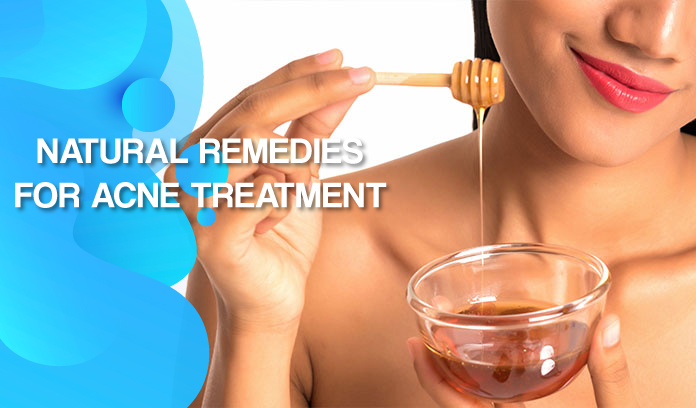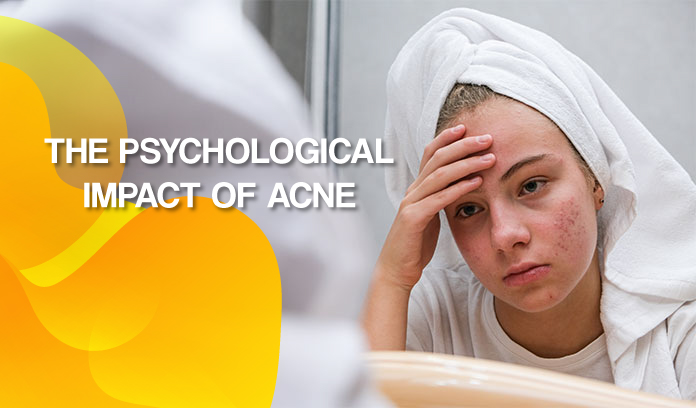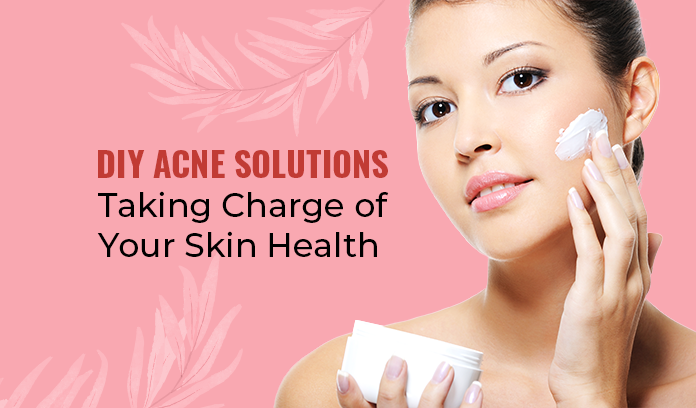Acne, a common skin condition affecting millions worldwide, can be a source of frustration and embarrassment. While numerous treatments promise quick fixes, natural remedies offer a gentle yet effective approach to achieving clear, blemish-free skin.
Tea Tree Oil
Tea tree oil is a natural essential oil with antimicrobial properties that can help reduce acne-causing bacteria on the skin. It also has anti-inflammatory effects, which can soothe redness and inflammation associated with acne. However, it should be used cautiously, as it may cause skin irritation in some individuals.
Aloe Vera
Aloe vera gel has anti-inflammatory and wound-healing properties, making it beneficial for treating acne lesions. It can help reduce redness and inflammation while promoting the healing of acne scars. Aloe vera also moisturizes the skin without clogging pores, making it suitable for oily and acne-prone skin types.
Honey
Honey has natural antibacterial properties that can help fight acne-causing bacteria. It also has anti-inflammatory effects, which can reduce redness and swelling associated with acne lesions. Additionally, honey has moisturizing properties that can help keep the skin hydrated and prevent excessive dryness.
Apple Cider Vinegar
Apple cider vinegar contains acetic acid, which has antimicrobial properties that can help kill acne-causing bacteria. It also has exfoliating properties, which can help unclog pores and prevent acne breakouts. However, it should be diluted before applying to the skin, as undiluted apple cider vinegar can irritate.
Green Tea
Green tea contains antioxidants called catechins, which have anti-inflammatory and antimicrobial properties that can help reduce acne lesions. Drinking green tea or applying green tea extract topically can help improve overall skin health and reduce acne severity.
Zinc
Zinc is an essential mineral that plays a role in immune function and wound healing. It also has anti-inflammatory properties that can help reduce acne inflammation. Taking zinc supplements or using zinc-based skincare products may help improve acne symptoms, particularly in individuals with zinc deficiency.
Witch Hazel
Witch hazel is a natural astringent that can help remove excess oil from the skin and tighten pores. It also has anti-inflammatory properties, which can help reduce redness and inflammation associated with acne. Witch hazel can be applied topically to the skin using a cotton pad as a toner or incorporated into skincare products.
Coconut Oil
Coconut oil has antibacterial and anti-inflammatory properties that can help reduce acne breakouts. It also contains lauric acid, which has been shown to have antimicrobial effects against acne-causing bacteria. However, coconut oil is comedogenic, meaning it can clog pores and worsen acne in some individuals, so it should be used sparingly and avoided by those with oily or acne-prone skin.
Turmeric
Turmeric contains curcumin, a compound with anti-inflammatory and antioxidant properties that can help reduce acne inflammation and prevent breakouts. Turmeric can be used topically as a spot treatment or mask, or taken orally as a supplement to support overall skin health.
Oatmeal
Oatmeal has soothing and anti-inflammatory properties that can help calm irritated skin and reduce redness associated with acne. It also has gentle exfoliating properties, which can help remove dead skin cells and unclog pores. Oatmeal can be used in homemade facial masks or added to bathwater for relief of body acne.
Lemon Juice
Lemon juice contains citric acid, which has exfoliating properties that can help unclog pores and prevent acne breakouts. It also has antibacterial properties that can help kill acne-causing bacteria on the skin. However, lemon juice can be irritating to sensitive skin and may cause photosensitivity, so it should be used cautiously and diluted before application.
Rosehip Oil
Rosehip oil is rich in vitamins A and C, as well as essential fatty acids, which can help promote skin regeneration and repair. It also has anti-inflammatory and antioxidant properties that can help reduce acne inflammation and prevent scarring. Rosehip oil can be applied topically to the skin as a moisturizer or added to skincare products.
Neem Oil
Neem oil is derived from the seeds of the neem tree and has antibacterial, antifungal, and anti-inflammatory properties that can help treat acne. It also contains compounds called limonoids, which can help regulate sebum production and prevent clogged pores. Neem oil can be applied topically to the skin or used in combination with other skincare ingredients.
Jojoba Oil
Jojoba oil closely resembles the natural sebum produced by the skin, making it an excellent moisturizer for acne-prone skin. It also has anti-inflammatory properties that can help reduce acne inflammation and promote healing. Jojoba oil is non-comedogenic, meaning it won’t clog pores or worsen acne, making it suitable for all skin types.
Evening Primrose Oil
Evening primrose oil contains gamma-linolenic acid (GLA), an omega-6 fatty acid that has anti-inflammatory properties and can help regulate hormone levels in the body. It may be beneficial for individuals with hormonal acne, as it can help balance sebum production and reduce acne breakouts. Evening primrose oil can be taken orally as a supplement or applied topically to the skin.
Conclusion
In conclusion, natural remedies provide a gentle yet powerful solution for treating acne and achieving clear, radiant skin. By harnessing the power of nature and adopting a holistic approach to skincare, you can bid farewell to blemishes and embrace a newfound confidence. Remember, consult a medical professional before following any health advice or setting out a new health plan to ensure your well-being is prioritized.









